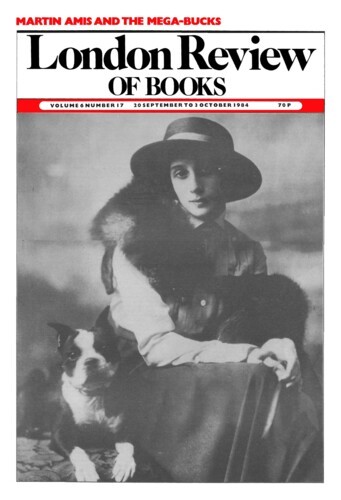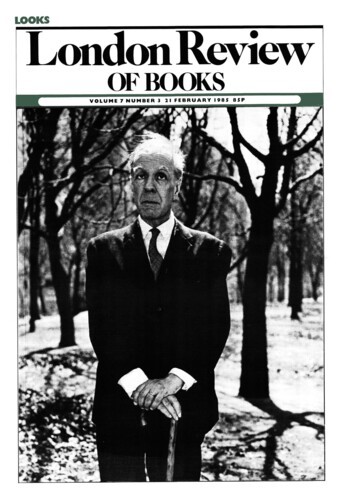What was meant by what was said
Roy Harris, 20 September 1984
The picture on the dust-jacket of Language, Sense and Nonsense is a 17th-century allegory by Laurent de la Hire. It shows Grammar as a lady seriously engaged in watering some rather spindly potted plants. In her left hand she holds what looks like a very long tape-measure, bearing the words vox litterata et articulata debito modo pronuntiata. Presumably this tape-measure is for checking inch by inch the growth of her diminutive and sickly-looking horticultural specimens. For Grammar in the 17th century, that is fair enough. But in the 20th century the allegory would need to be painted rather differently. Grammar would not need a watering-can at all. The spindly plants would give way to a luxuriance of hothouse foliage, and the tape-measure would have to be calibrated to measure the proliferation of nonsense. That is approximately the canvas sketched in by artists Baker and Hacker.


